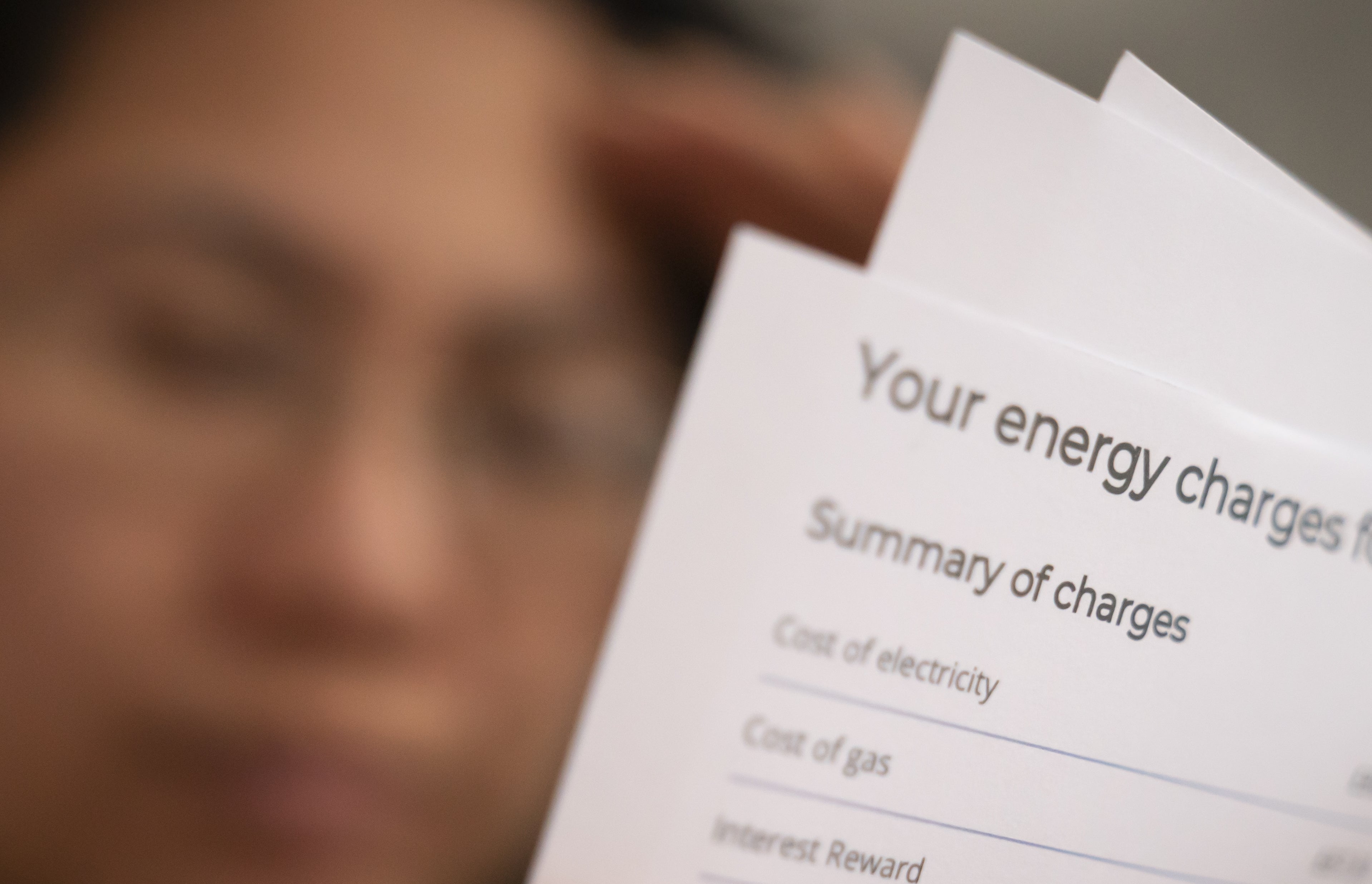Renewed bills warning as price cap could hit £5,000 in direst forecast to date
The price cap could hit close to £4,500 in January and then more than £5,000 in April, experts said

Your support helps us to tell the story
From reproductive rights to climate change to Big Tech, The Independent is on the ground when the story is developing. Whether it's investigating the financials of Elon Musk's pro-Trump PAC or producing our latest documentary, 'The A Word', which shines a light on the American women fighting for reproductive rights, we know how important it is to parse out the facts from the messaging.
At such a critical moment in US history, we need reporters on the ground. Your donation allows us to keep sending journalists to speak to both sides of the story.
The Independent is trusted by Americans across the entire political spectrum. And unlike many other quality news outlets, we choose not to lock Americans out of our reporting and analysis with paywalls. We believe quality journalism should be available to everyone, paid for by those who can afford it.
Your support makes all the difference.The cap on energy bills could top a breathtaking £5,000 next year, according to the bleakest forecast yet for struggling households.
Experts said that at Wednesday’s energy prices they expect that regulator Ofgem could be forced to set the cap at £5,038 per year for the average household in the three months beginning next April.
It is more than £200 higher than previous forecasts, which were already grim, and heaps extra pressure on households across Britain.
Auxilione, an energy consultancy, also predicted that bills would reach £4,467 in January.
This forecast is likely to worry energy users more than April’s higher number, as households use more gas during the winter months.
The UK Government has called energy companies in to try and find a way to bring down prices. It seems there is little appreciation just how impossible that task is and neither have control over this in such a globally-influenced market
As it stands, the nightmare scenario would mean that an average household will spend £571 on energy in the month of January.
The price cap on energy bills is calculated based on average household use. If you use less energy, then your bills will be lower.
The latest prediction is that the cost of gas will be capped at 18.02p per kilowatt hour and 70.34p per kWh of electricity.
The new prediction is based on today’s energy price on wholesale markets. The final price is calculated by tracking the wholesale price over several months.
Ofgem said: “The wholesale market continues to move extremely quickly so no forecast for next year is at all robust at this stage and will therefore have very limited value, especially for consumers who must always be the main priority.
“We cannot stop others from making predictions but we would ask that extreme caution is applied to any predictions for the price cap in January or beyond.”
It comes just hours before ministers are meant to sit down with energy companies to discuss the bleak winter ahead.
Chancellor Nadhim Zahawi and Business Secretary Kwasi Kwarteng are set to press Britain’s utility companies for a solution to the soaring bills.
Auxilione said there will be little the businesses can do, as gas prices are set internationally.
“Today the UK Government has called energy companies in to try and find a way to bring down prices,” it said.
“It seems there is little appreciation just how impossible that task is and neither have control over this in such a globally-influenced market.”
The Government announced a sweeping package of support for households in May when bills were expected to peak at £2,800 in the October price cap.
Now that cap is expected to be £3,634, Auxilione said. Campaigners and energy companies have said that more support is needed, especially for the most vulnerable customers in society.
Experts say that by turning down the so-called flow temperature on your boiler and turning off the preheat function you can save hundreds of pounds at this winter’s prices.
There are guides on how to take these steps online. They only work for homes with condensing combi boilers and no hot water tank.